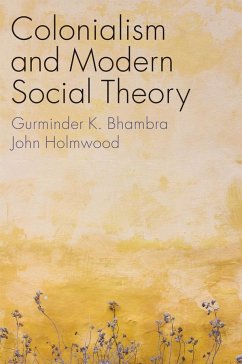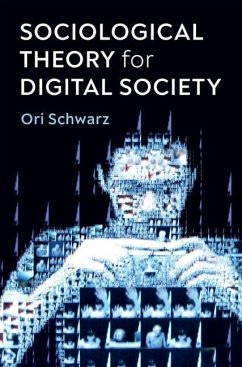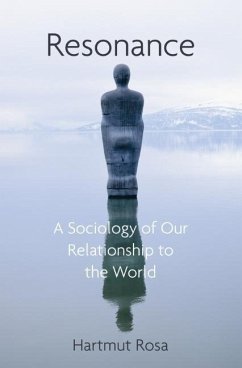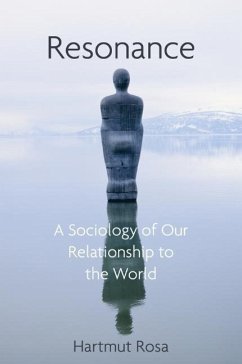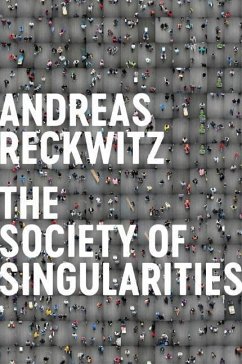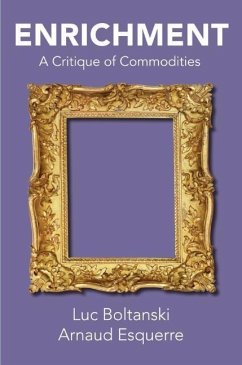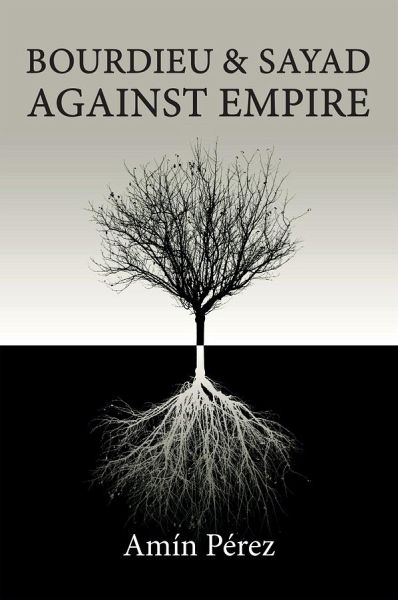
Bourdieu and Sayad Against Empire
Forging Sociology in Anticolonial Struggle
Übersetzung: Brown, Andrew
Versandkostenfrei!
Versandfertig in 2-4 Wochen
30,99 €
inkl. MwSt.
Weitere Ausgaben:

PAYBACK Punkte
15 °P sammeln!
Pierre Bourdieu and Abdelmalek Sayad met in their twenties in the midst of the Algerian war of independence. From their first meeting, a strong intellectual friendship was born between the French philosopher and the activist from the colony, nourished by the same desire to understand the world in order to change it.The work of both men was driven by the necessity of putting knowledge to use, whether by unveiling the relations of domination that structured life in Algeria or by opening emancipatory perspectives for the Algerian people. Colonies were, of course, a customary site of ethnographic ...
Pierre Bourdieu and Abdelmalek Sayad met in their twenties in the midst of the Algerian war of independence. From their first meeting, a strong intellectual friendship was born between the French philosopher and the activist from the colony, nourished by the same desire to understand the world in order to change it.
The work of both men was driven by the necessity of putting knowledge to use, whether by unveiling the relations of domination that structured life in Algeria or by opening emancipatory perspectives for the Algerian people. Colonies were, of course, a customary site of ethnographic work, but Bourdieu and Sayad refused to sacrifice scientific rigor to political expediency, even as Algeria descended deeper into war. Indeed, the act of understanding as a political commitment to the transformation of society lay at the heart of their project.
Based on extensive interviews and deep archival work, Amín Pérez rediscovers the anticolonial origins of the pathbreaking social thought of these brilliant thinkers. Bourdieu and Sayad, he argues, forged another way of doing politics, laying the foundations of a revolutionary pedagogy, not just for anticolonial liberation but for true social emancipation.
The work of both men was driven by the necessity of putting knowledge to use, whether by unveiling the relations of domination that structured life in Algeria or by opening emancipatory perspectives for the Algerian people. Colonies were, of course, a customary site of ethnographic work, but Bourdieu and Sayad refused to sacrifice scientific rigor to political expediency, even as Algeria descended deeper into war. Indeed, the act of understanding as a political commitment to the transformation of society lay at the heart of their project.
Based on extensive interviews and deep archival work, Amín Pérez rediscovers the anticolonial origins of the pathbreaking social thought of these brilliant thinkers. Bourdieu and Sayad, he argues, forged another way of doing politics, laying the foundations of a revolutionary pedagogy, not just for anticolonial liberation but for true social emancipation.




